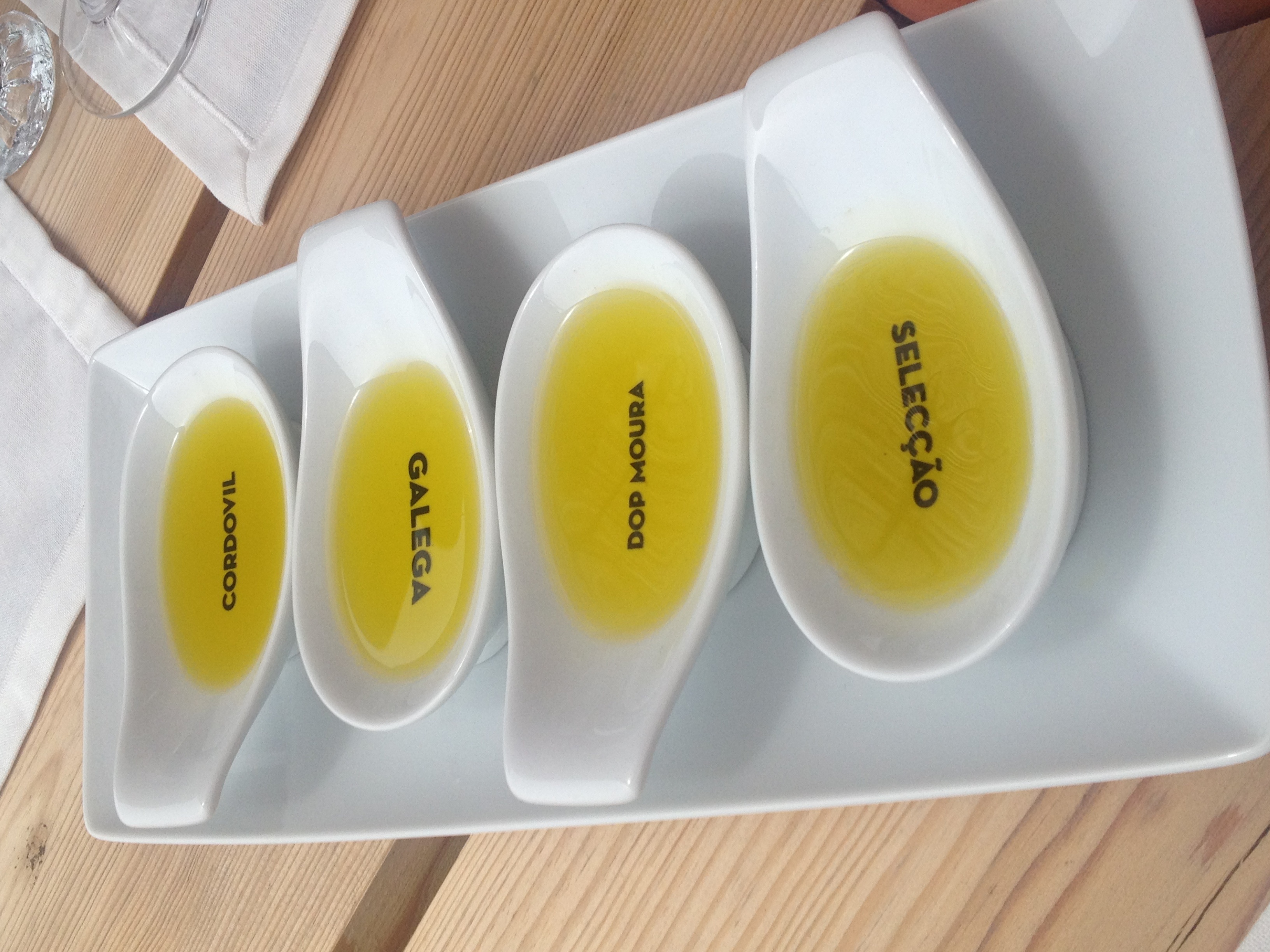Because of how it is processed, extra virgin olive oil, commonly referred to by its acronym, EVOO, is the highest-quality olive oil available on the market. Compared to regular olive oil and virgin olive oil, extra virgin olive oil contains a lower concentration of oleic acid and retains more of its pure olive taste, all without the need for added chemicals and heat.
Researchers at Lewis Katz School of Medicine at Temple University reveal that in addition to its more refined taste, extra virgin olive oil also has a number of health benefits. Consuming extra virgin olive oil has been shown to enhance memory and learning while inhibiting the development of amyloid-beta plaques and neurofibrillary tangles in the brain. Amyloid-beta plaques and neurofibrillary tangles are pollutants in the brain as well as markers of Alzheimer’s disease. Specifically, neurofibrillary tangles result in abnormal functioning of nerve cells in the brain and contribute to the memory symptoms associated with Alzheimer’s disease.
Extra virgin olive oil can have positive effects on the brain because it reduces brain inflammation and activates autophagy, the process by which intracellular debris and toxins are broken down and removed. In other words, extra virgin olive oil helps us “clean” our brain of pollutants.
Image Source: Sofie Delauw
The Mediterranean diet, which heavily incorporates the use of extra-virgin olive oil, is linked to these health benefits. Moreover, this diet promotes the effects of high-density lipoproteins in our body by removing unnecessary cholesterol from our arteries, which ultimately helps reduce cardiovascular risk.
Those who have a family history of cardiovascular or Alzheimer’s disease should think about adopting a Mediterranean diet. A Mediterranean diet will increase one’s extra-virgin olive oil intake, thereby allowing one to glean the health benefits of extra-virgin olive oil.
Featured Image Source: Olive Oil from Esporaoby Jameson Fink










